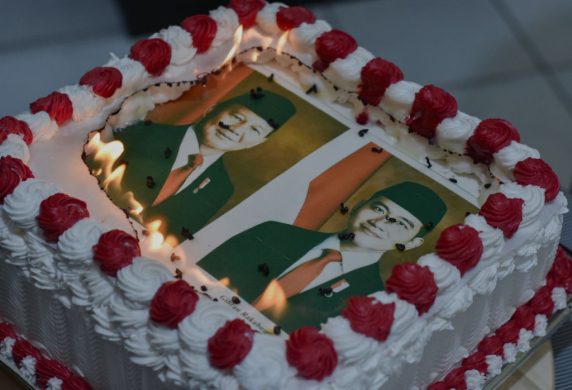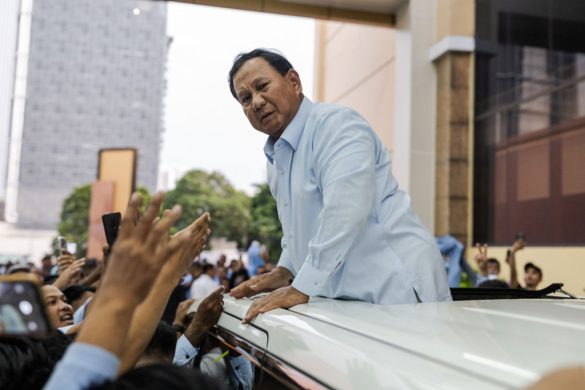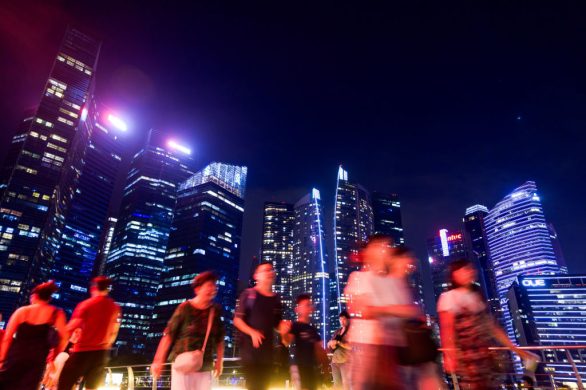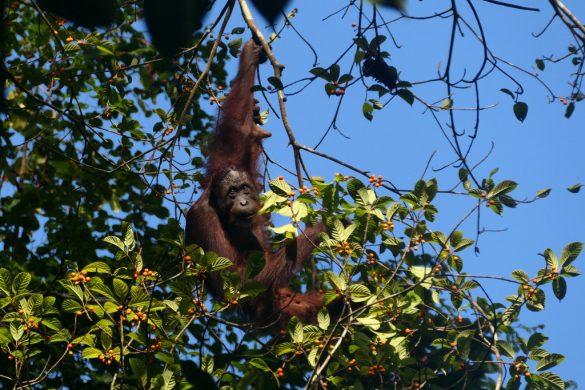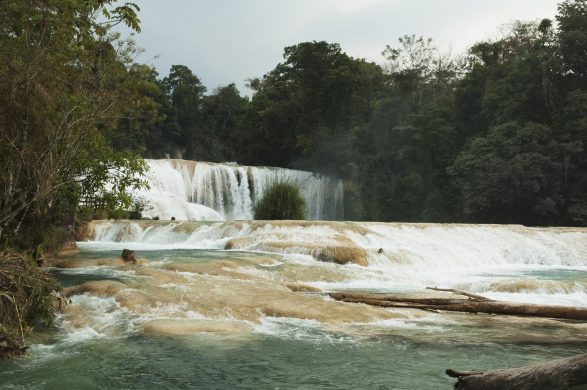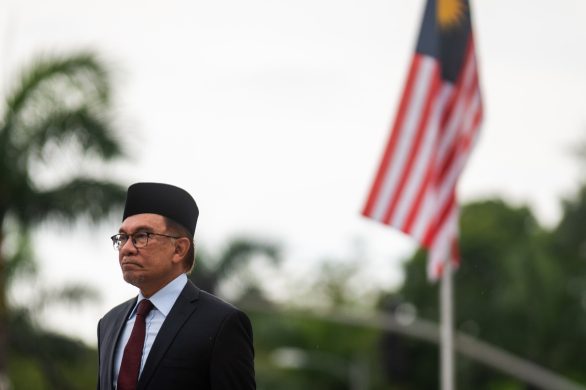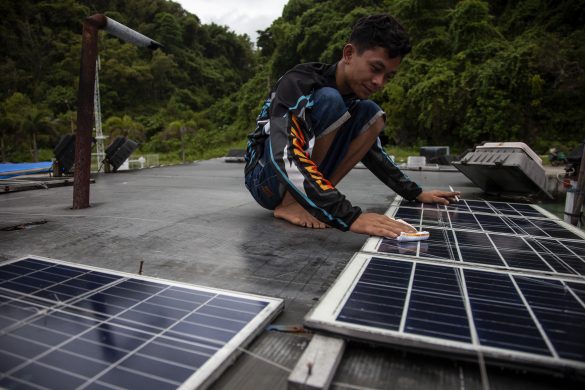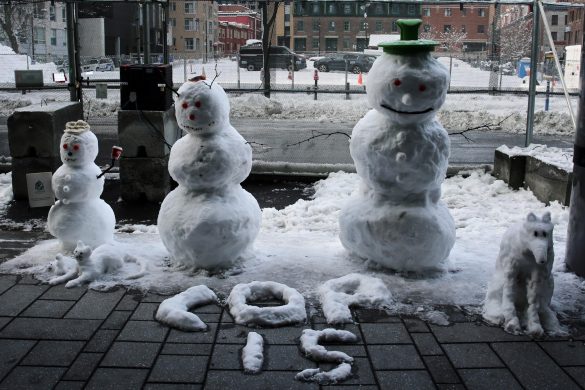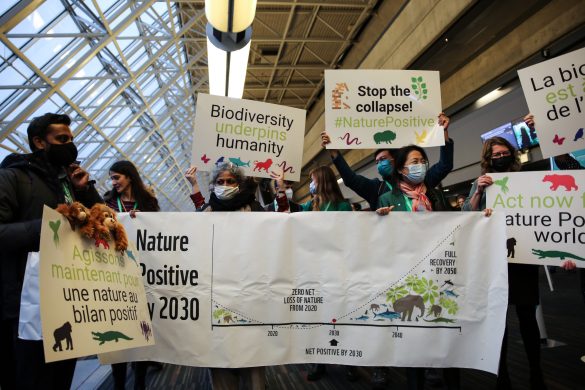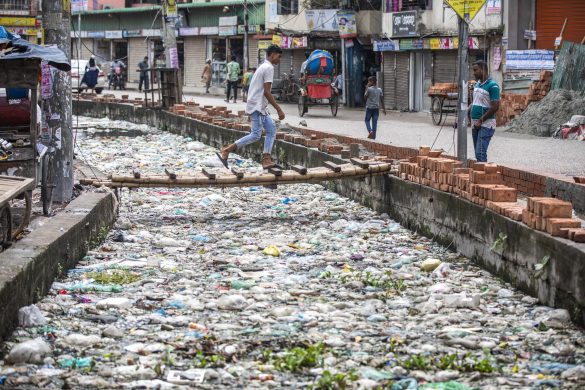The rights of Indonesian sexual and gender minorities have come under unprecedented attack in 2016. While lesbian, gay, bisexual, and transgender (LGBT) civil society groups had endured sporadic hateful rhetoric and violent attacks over the preceding three decades, they had been able to gain a foothold and increasing recognition as part of Indonesia’s pluralistic society.
And while no national laws specifically protected them against discrimination, the central government had never criminalized same-sex behavior.
Laws pose a serious threat to rights
Beginning in January 2016, however, a series of anti-LGBT public comments by government officials grew into a cascade of threats and vitriol against LGBT Indonesians by state commissions, militant Islamists, and mainstream religious organizations. That outpouring of intolerance has resulted in proposals of laws which pose a serious long-term threat to the rights and safety of LGBT Indonesians.
On January 24, 2016 the Minister of Higher Education Muhammad Nasir said he wanted to ban LGBT student organizations from university campuses. He then backtracked on Twitter—but it was too little, too late.
Within weeks, anti-LGBT statements ranging from the absurd to the apocalyptic echoed through Indonesia’s media: at a maternal health seminar, a mayor warned young mothers off instant noodles—their time and attention, he said, should be given instead to nutritious cooking and teaching their children how not to be gay.
The minister of defense labeled LGBT rights activism a proxy war on the nation led by outsiders, more dangerous than a nuclear bomb: “It's dangerous as we can't see who our foes are, but out of the blue everyone is brainwashed—now the [LGBT] community is demanding more freedom, it really is a threat…. In a nuclear war, if a bomb is dropped over Jakarta, Semarang will not be affected—but in a proxy war, everything we know could disappear in an instant—it's dangerous."
Rise in threats and violent attacks
Mainstream mass religious groups and non-governmental organizations joined the anti-LGBT chorus. There were decrees against “gay propaganda” and calls for censorship. Psychiatrists proclaimed same-sex sexual orientation and transgender identities as “mental illnesses.” The country’s largest Muslim organization called for criminalization of LGBT behaviors and activism, and forced “rehabilitation” for LGBT people. Within three months the cacophony had died down, and the moral panic subsided, but the repercussions continue to be felt by LGBT people in Indonesia.
This report documents the rise in anti-LGBT rhetoric in early 2016 as well as threats and violent attacks on LGBT NGOs, activists, and individuals, primarily by militant Islamists, in the period from January to April 2016. In some cases the threats and violence occurred in the presence, and with the tacit consent, of government officials or security forces. LGBT people told Human Rights Watch that the increased anti-LGBT rhetoric has also fueled increased hostility from family members and neighbors.
Find hele rapporten hos Human Rights Watch


